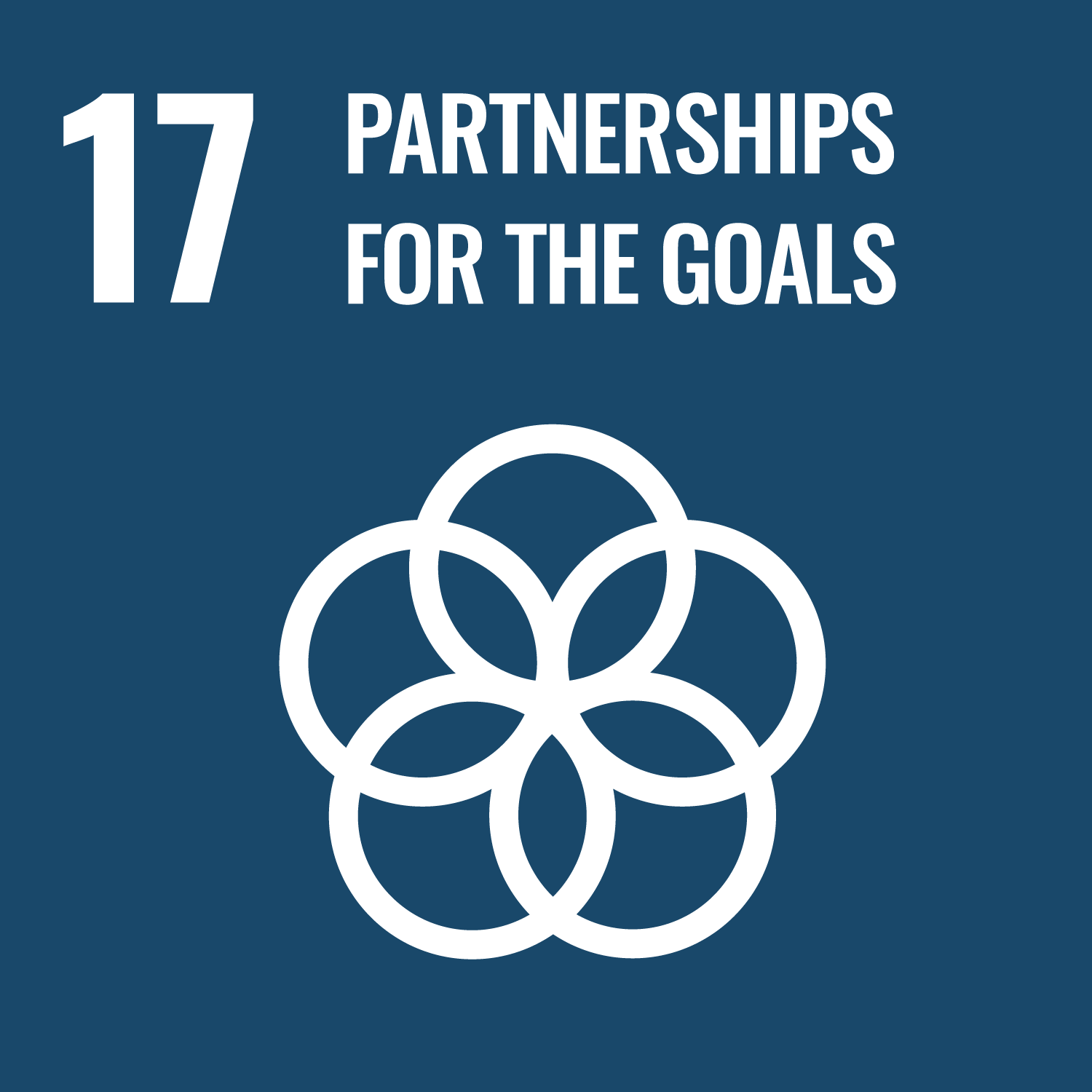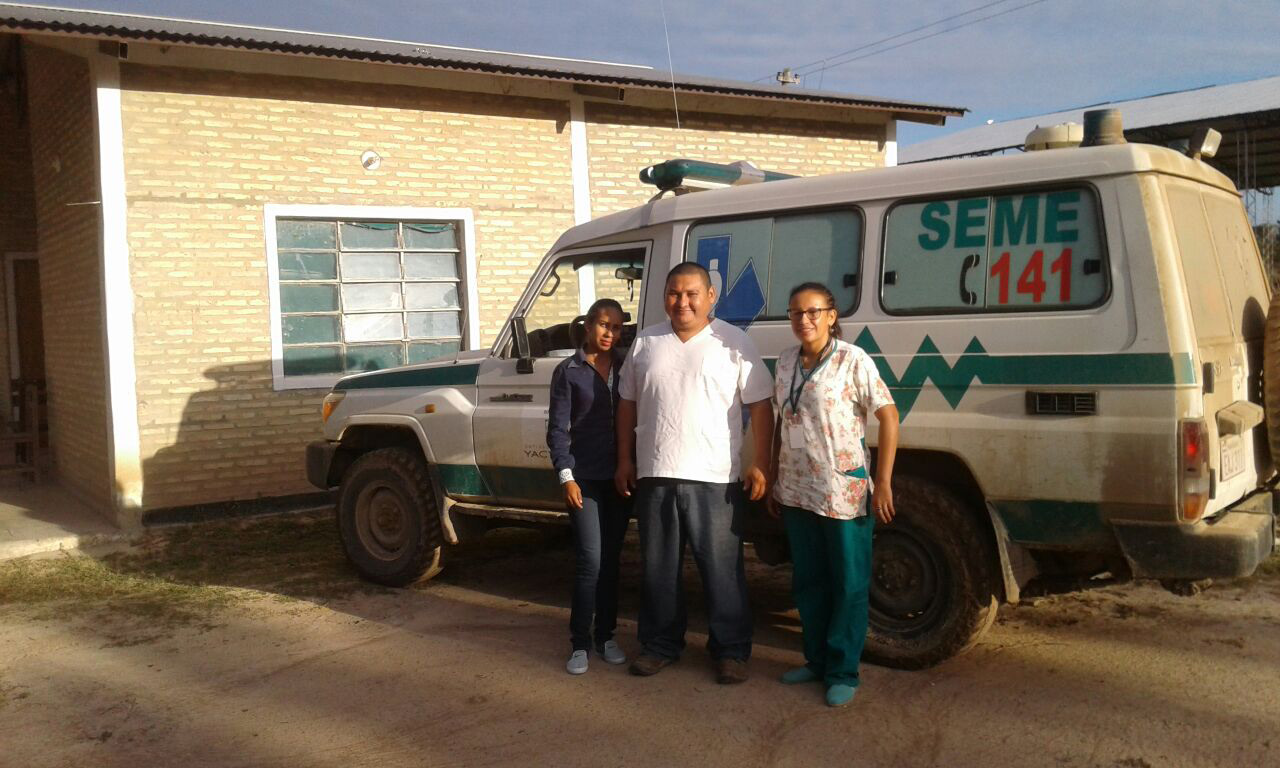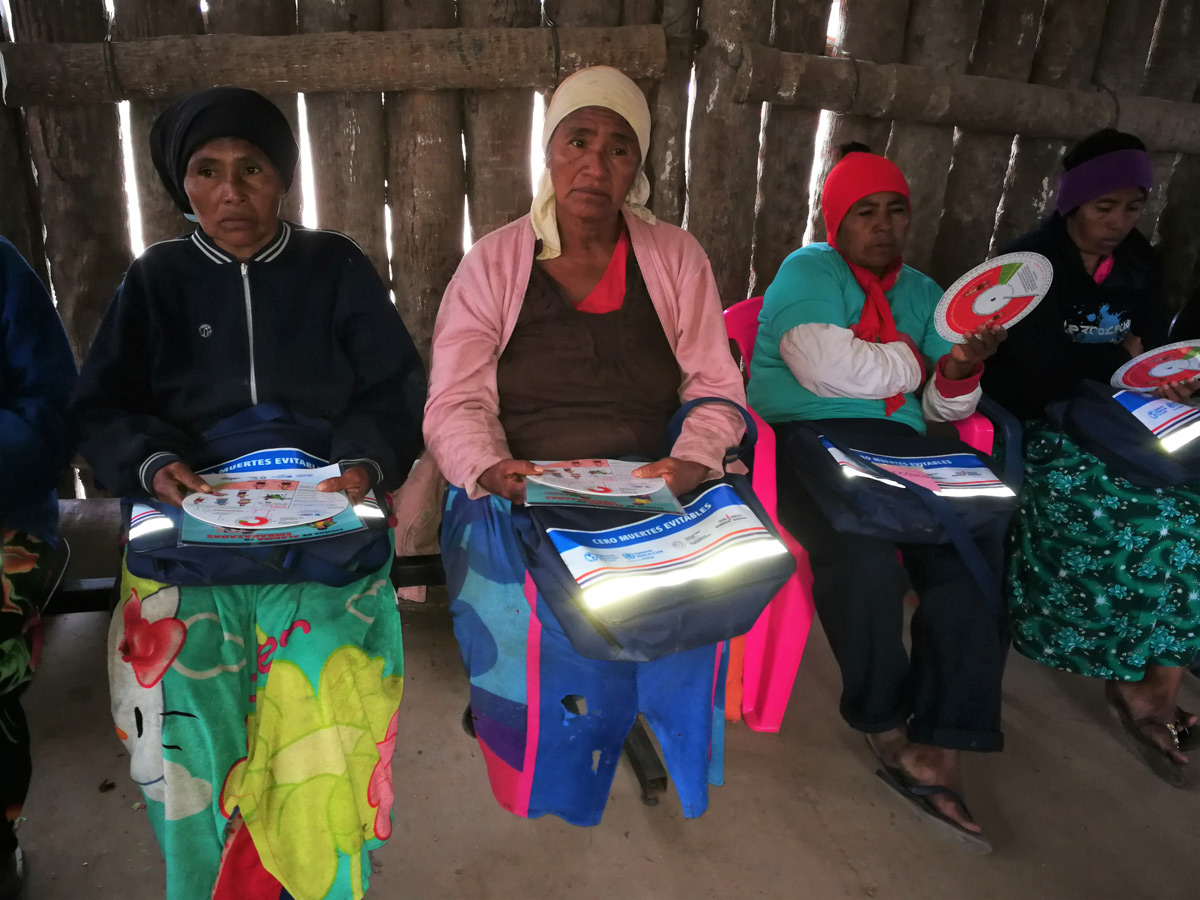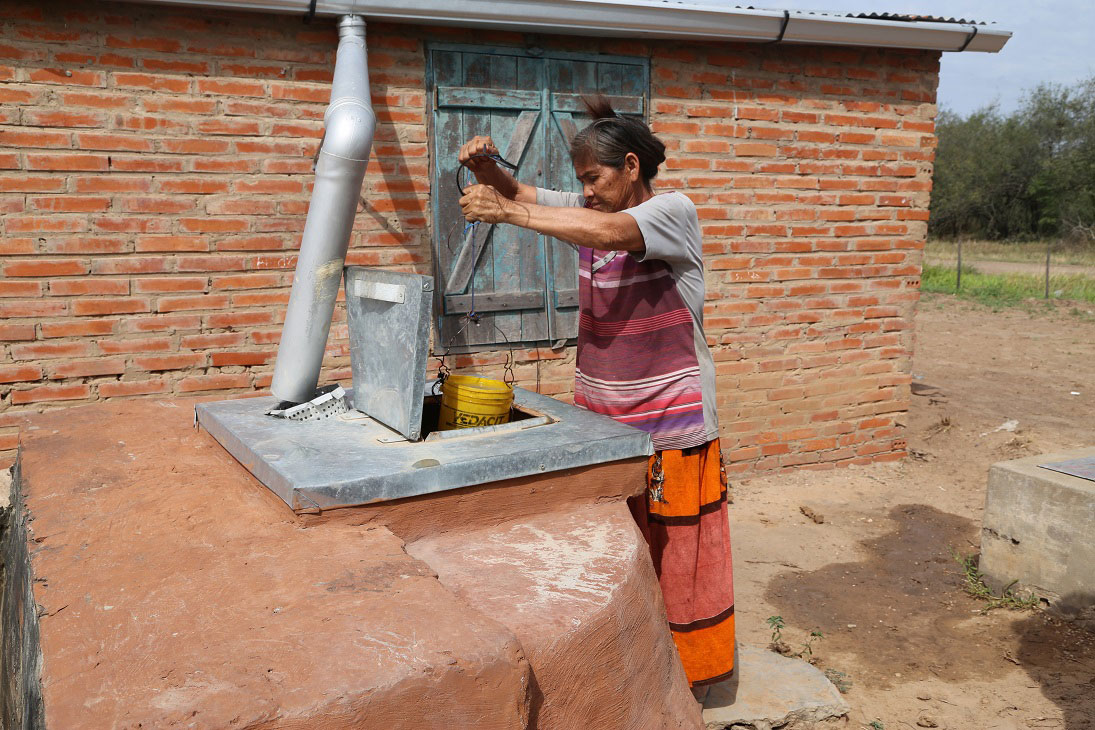Towards Universal Health Coverage in the Gran Chaco Region of South America
Advancing universal health coverage by applying human rights, gender, equity, interculturality and inter-programmatic approaches
Challenges
The Gran Chaco Suramericano is a region that includes the territory of four countries: Argentina, the Plurinational State of Bolivia, Brazil and Paraguay. Due to socio-environmental conditions, people living there face water scarcity, lack of basic services and supplies, limited access to markets, and low incomes. This impacts the quality of life and health, especially of indigenous populations and farmers.
Towards a Solution
To address the above challenge, the four countries decided to undertake a joint South-South and triangular cooperation initiative, under the Pan American Health Organization’s (PAHO) Cooperation Among Countries for Health Development (CCHD) framework, to achieve universal access to health care, reduce inequalities and establish inclusive development in the Gran Chaco Suramericano.
The project is a strategic transnational initiative that aligns with the national health policies of the participating countries, which promote Pan-Americanism and seek programmatic convergence with PAHO’s Strategic Plan (SP) 2014-2019, ”Championing Health: Sustainable Development and Equity”, and the SDGs. Its goal is to achieve universal health care access for the population of the South American Chaco, reducing maternal, neonatal and infant morbidity and mortality, combined with social empowerment, an intercultural approach and gender equality. It aims to prioritize indigenous and non-indigenous populations of the Chaco municipalities of the four countries, all within the framework of cooperation among countries.
It encourages such cooperation and horizontal alliances (South-South cooperation and triangular cooperation), optimizing existing capacities, good practices and the countries’ experiences. The project takes advantage of the capacity that its partner, Brazil, has developed, with experience in establishing a universal, free and equitable health system, where health care is a right for all.
Examples of cooperation among countries include sharing national capacities and disseminating experiences, such as: (i) Brazil’s Indigenous Health Subsystem, characterized by a strategy that is inclusive of native populations in the Unified Health System; (ii) Bolivia’s experiences, which prioritize traditional medicine and intercultural health, strengthening the State’s institutions among indigenous peoples by creating the Vice Ministry of Traditional Medicine; (iii) Argentina’s inter-institutional and Inter- cultural Network for Native People, SUMAJ KAUSAY (Good living); and (iv) Paraguay’s Comprehensive Health Plan, Ñamopu’ã Ñande Chaco Tesãirã (Improve the health of our Chaco) 2015-2030.
The governance structure is inclusive, involving all sectors and social stakeholders, recognizing and respecting the worldview of indigenous peoples, led by the Ministries of Health, with the support of PAHO/ WHO in each country.
The projects include 20 municipalities in the four countries within the framework of inter-country exchange and cooperation. The achievements include:
- implementing an inter-country coordination and management model for the project, based on its governance model;
- strengthening programmatic convergence between national and local plans;
- increasing the capacity of health services (human resources, endowment and logistics), which focus on mother and child health;
- strengthening human resources skills for maternal and child health care (obstetric emergencies and emergency management of acute respiratory infections and acute diarrheic diseases in children);
- adapting the training experience for indigenous health personnel and building schools for training health promoters in Argentina and Paraguay;
- conducting an analysis on creating cross-border health networks and a pilot experience at the Brazil- Paraguay border (Puerto Mourtinho (Brazil) and Carmelo Peralta (Paraguay)); and
- drafting water security plans and restoring water systems for human consumption in communities and health services.
The countries have unanimously agreed that the Gran Chaco South American project is a good practice that has promoted dialogue among key national, local and community/civil society stakeholders and enabled integration, coordination, information exchange, communication and opportunities for partnerships.
The sustainability of the initiative is built on participatory decision-making so that countries can incorporate their learning, good practices, competencies and evidence into their institutions and social capacity.
Some of the good practices of this initiative that can be replicated are conducted within the framework of inter-country agreements and regional integration mechanisms, for example: (i) capacity-building to develop health situation analyses at local and border areas; (ii) deployment of integrated cross- country health care networks in border areas; (iii) implementation of inter-country action plans to reduce maternal and neonatal mortality; and (iv) support for indigenous organizations in areas where social, health and environmental vulnerability is high.
Contact Information
Country and Subregional Coordination Office, PAHO/WHO
Countries involved
Argentina, Bolivia (Plurinational State of), Brazil, Paraguay
Implementing Entities
Ministry of Traditional Medicine and Intercultural Health of the Plurinational State of Bolivia; Ministry of Health of Argentina; Ministry of Public Health and Social Welfare or Paraguay; Ministry of Health of Brazil; PAHO/WHO
Project Status
Completed
Project Period
2017 - 2022
URL of the practice
https://bit.ly/3DQGG1KPrimary SDG
03 - Good Health and Well-being
Secondary SDGs
17 - Partnerships for the Goals
Primary SDG Targets
3.8Similar Solutions









